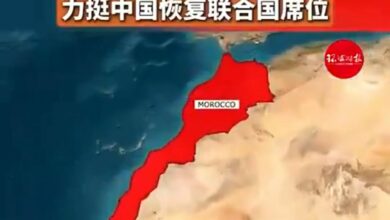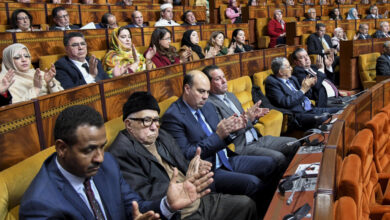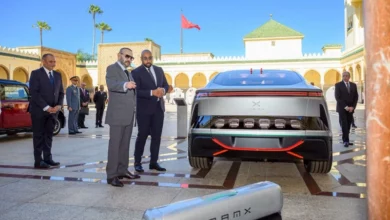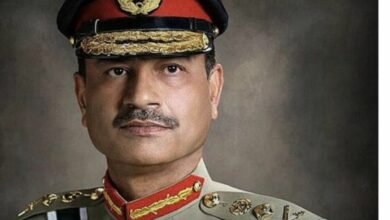Zuma Slaps the Algerian Regime from Rabat: “We Support Morocco’s Sovereignty over the Sahara and Reject Africa’s Division under Separatist Slogans”
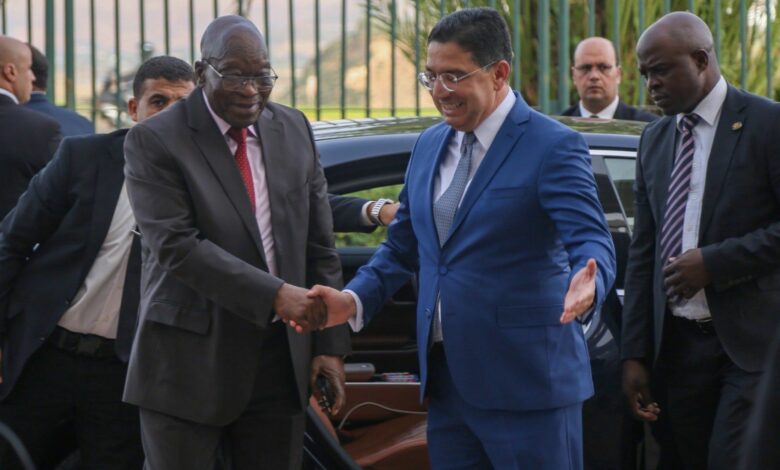
By: Meyem Hafiani / ALDAR
Former South African President and leader of the Umkhonto we Sizwe (MK) party, Jacob Zuma, has openly declared his support for Morocco’s sovereignty over its southern provinces, affirming that his party stands firmly against all forms of separatism that threaten the unity of African nations.
During his official visit to the Moroccan capital, Rabat, Zuma stated that his party “recognizes the historical and legal context that affirms the Moroccanness of the Sahara,” adding that “Morocco’s efforts to safeguard its territorial integrity align completely with our party’s principles of defending the sovereignty and unity of African states.”
Zuma emphasized that this stance is not new, but rooted in a long history of African solidarity. He recalled Morocco’s support for liberation movements across the continent, saying, “Nelson Mandela himself received his military training in Morocco, specifically in the city of Oujda, during the struggle against the apartheid regime. This reflects the deep fraternal ties between Morocco and South Africa.”
Zuma’s statements carry significant weight, particularly amid continued official positions within South Africa that back separatist narratives—stances that sharply contradict the perspectives of some in the country’s political class. The MK Party, led by Zuma, is an emerging political force aiming to reshape South Africa’s foreign policy in a manner that prioritizes African unity and continental interests.
Observers believe Zuma’s position sends a clear message to regional and international actors who fuel chaos by promoting separatist tendencies. By invoking the legacy of Mandela, Zuma offers a powerful reminder of historical truths that should not be ignored—especially at a time when some are attempting to rewrite history to serve their own agendas.
With this declaration, Zuma joins a growing list of African leaders who recognize the importance of supporting the unity of states and promoting stability across the continent—rejecting separatist schemes that serve only narrow interests and endanger Africa’s security and the future of its people.

